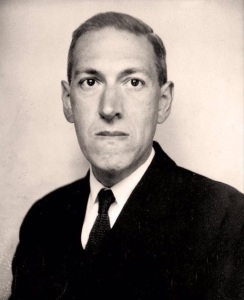I can’t put my finger on why, but I hate it when bloggers apologize for not posting regularly. Is everyone hanging on their every word? Did they sign a contract saying “I will post no fewer than twice a week and no more than eight times a day?” I’m not doing this because I owe any words to anyone. I just make a lot of words. It’s nice there’s a platform where I can put them out where Google can find them for people, but I’m not writing because I owe it to anyone but myself. Yeah, so screw you people.
Anyway, sorry for not posting for a while.
I haven’t because I’ve been working on a new book, The Last Omen, loosely based on Greek Tragedy and (of course) Shakespeare. Alyatha is the reluctant queen of Marathea, prophesied wife of the newly-prophesied king. Marathea is sandwiched between the empire of Habia Korenz, and the anarchic non-state of Nemerev, where warlords and pirates threaten the network of roads and shipping lanes around Marathea. This wouldn’t be such a big deal if her husband were up to his job: the Habiari are threatening to invade to quell the violence in Nemerev, and someone keeps paying a vile priestess to perform human sacrifices in order to change the course of fate, the most sacred thing in Marathean culture. The priestess happens to be her husband’s former lover, but when push comes to shove, Alyatha has to join forces with this witch to save the kingdom. Fantasy hijinx ensue.
I wrote about 14,000 words of this before November started, but I decided to do NaNoWriMo since I was already working on a new manuscript. Though I always scoffed at it before (“I make my own damn goals, I don’t need a friggin’ website for that!”), it’s actually a lot of fun to track my progress and share it with people. I’ve written about 37,000 words so far, and my goal for this book is between 90,000 and 100,000. Because…
I had to fire my literary agent. I won’t give too many details, but the important part is he wasn’t doing enough to support me as a writer. He did nothing in the way of editing, and never initiated communication (i.e. he never asked me what I was working on next). He didn’t tell me what was going on with my submissions, even when I pressed him for info. When I brought him new material, he rejected it outright instead of helping me make it marketable. I rationalized it at the time, but have since found out different agents would have worked completely differently. He never suggested career development like writer’s conferences or classes, and he didn’t do much to make my book marketable. I have other avenues, so this is nowhere near giving up. Don’t send me sad emojis.
The manuscript he rejected outright with no assistance to make it something worth his time was Firesage, and I am most likely going to send that one to an open call from Angry Robot books.
I am keeping some short stories in circulation, including “The Harp” and “Killing Montherek, and a new one called “Her Name is Memory.” The last one was definitely a challenge, as I tried to write from the perspective of a narrator with a damaged memory. It was rejected without placing in Writers of the Future, where I also submitted “The Harp.” I probably won’t write any more short stories until I finish The Last Omen, but as I have found saying “I probably won’t write any more short stories until…” is a good way to find yourself writing short stories.
It’s snowing in Vermont. Pumpkin season. Yes. Sentence fragments can tell you a lot. So can complete sentences.






